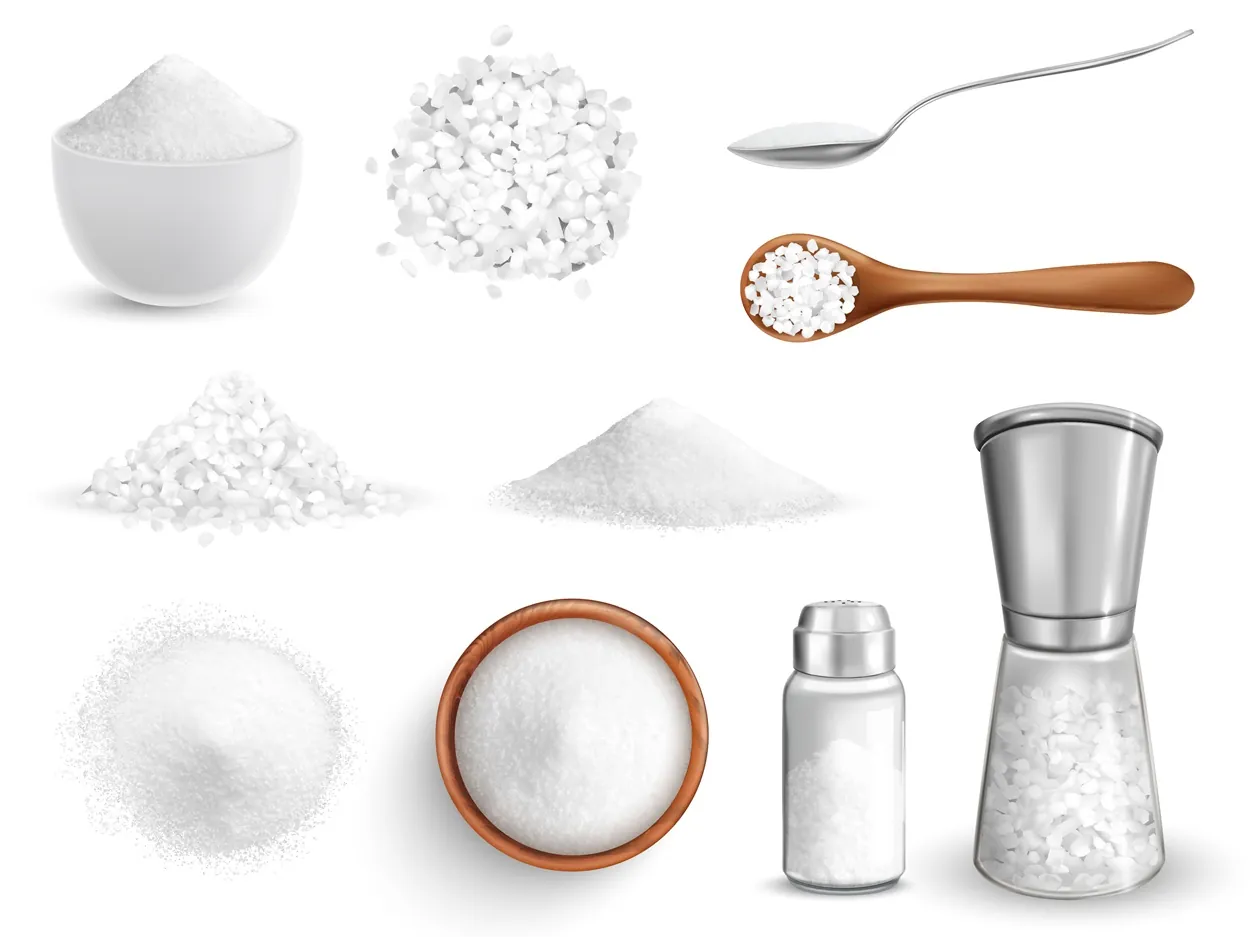Copyright tribuneonlineng

Salt, also known as sodium, is essential for life. It helps with fluid balance, nerve function, and muscle contractions. It also serves as a preservative. But like many other things, too much of it becomes dangerous. Taking too much can be inimical to your health, making your immune system prone to various diseases. Health experts warn that Nigerians are consuming way beyond the safe limit of 5 grams of salt daily recommended by the World Health Organization (WHO). In this article, Tribune Online highlights 5 reasons why too much salt is dangerous for your health : 1. Hypertension Excess salt makes the body hold excess water, which increases blood pressure. Hypertension is also known as the silent killer because it often shows no signs until stroke, heart attack, or kidney failure sets in. High salt intake can lead to hypertension, which increases the risk of cardiovascular disease. 2. Kidney stones Too much salt increases calcium levels in the urine. When calcium builds up, it combines with other substances to form hard crystals known as kidney stones. These stones block urine flow, cause severe pain, and may require surgery if they become large. Too much salt makes the body hold water, raising blood pressure. Over time, this pressure stiffens arteries, weakens the heart, and can trigger heart failure or stroke. 4. Stomach Cancer When you eat too much salt, it doesn’t just affect your heart and kidneys; it can also hurt your stomach. Salt irritates and wears down the lining of the stomach, making it weaker over time. This damage creates an easy ground for harmful bacteria like Helicobacter pylori to thrive. This bacterium is one of the major causes of stomach ulcers, and if left untreated, ulcers can turn into stomach cancer. 5. Osteoporosis Too much salt doesn’t just raise blood pressure; it also weakens the bones. When the body tries to flush out excess sodium, it also pushes out calcium through urine. With less calcium available, bones lose strength, density drops, and the risk of osteoporosis (fragile, easily broken bones) increases over time. Nigeria’s National Sodium Reduction Guidelines even list osteoporosis as one of the dangers of high salt consumption.



